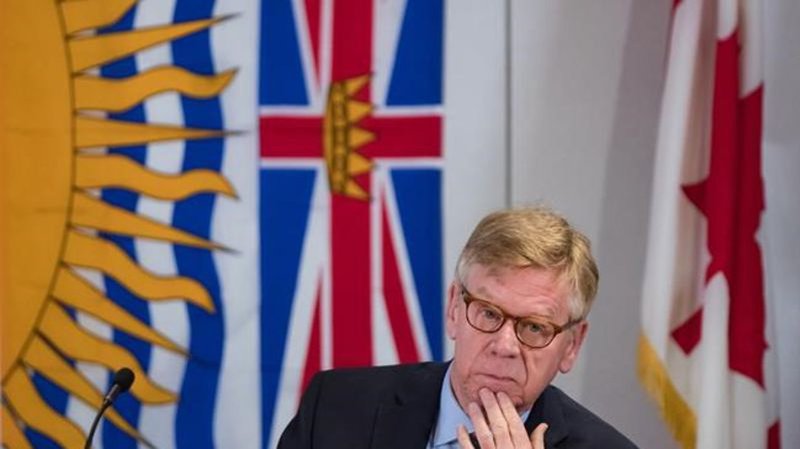
Canada’s vulnerable to money laundering on par with similar countries: expert
VANCOUVER — A senior police officer from the United Kingdom who specializes in money laundering says he believes Canada is no more vulnerable to the crime than other Western jurisdictions.
Simon Lord of the National Crime Agency, who is also part of a Five Eyes group dedicated to international money laundering controls, began his testimony before a public inquiry into money laundering in British Columbia on Thursday.
Inquiry commissioner Austin Cullen heard in February from a coalition of tax fairness groups that hiding ill-gotten cash behind shell companies is so widespread in Canada that it’s known globally as “snow washing.”
However, Lord says that the money laundering situation in Canada looks similar to that of the United Kingdom, the United States and other countries with similar legal and economic frameworks.


